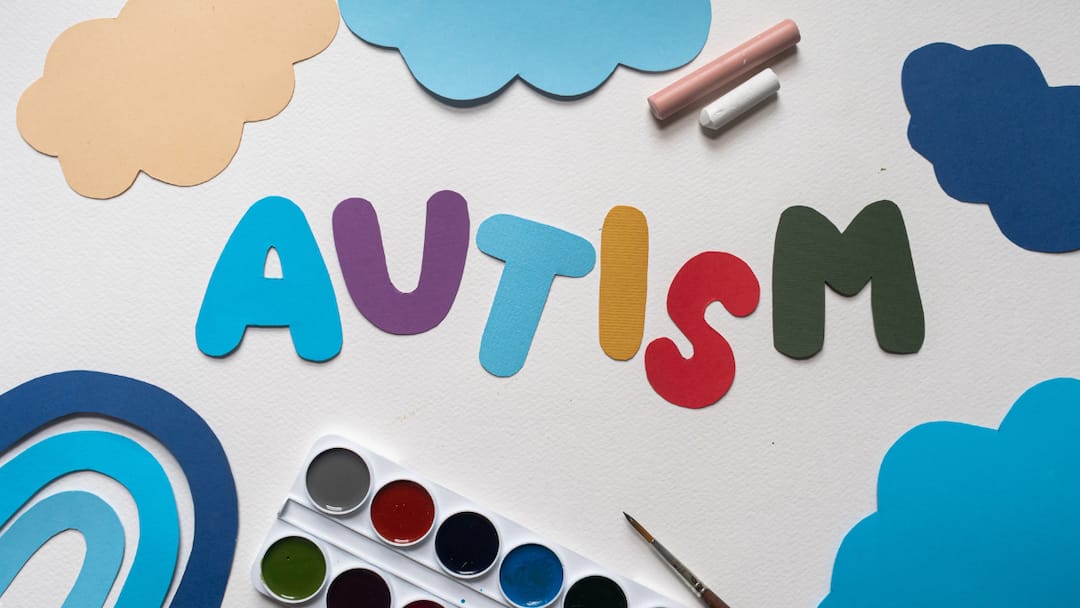(By Uzma Fahim)
As a child psychologist, I often meet parents overwhelmed with worry and uncertainty about their child’s development. Many arrive seeking a definitive answer “Does my child have autism?” While an early diagnosis of Autism Spectrum Disorder (ASD) is undeniably important for accessing therapy, resources, and structured support, what truly transforms a child’s life is early acceptance. As Dr. Temple Grandin once said, “Different, not less.” Acceptance creates the emotional safety every child needs for growth, learning, and meaningful connection long before interventions take full effect.
Why Acceptance Matters:
Early acceptance is not about ignoring challenges, it is about understanding and valuing a child’s individuality. Every child perceives and interacts with the world differently. Some may communicate through gestures or facial expressions rather than words, while others may prefer solitary play or repetitive actions that bring comfort and predictability. When parents and educators interpret these behaviours with empathy rather than frustration, they shift from a mindset of correction to one of connection. As Carl Rogers wisely noted, “The curious paradox is that when I accept myself just as I am, then I can change.” The same truth applies beautifully to children, growth begins with acceptance. Acceptance helps the child feel seen, respected, and loved for who they are.
A foundation of acceptance allows children to develop emotional security, confidence, and resilience. When they feel understood rather than judged, they are more open to learning, communication, and social engagement. This emotional safety also reduces anxiety and behavioural challenges, supporting natural developmental progress. Parents who practice acceptance report less stress and a deeper sense of joy, as they begin to value their child’s small yet significant achievements instead of comparing them with others.
In classrooms, acceptance encourages inclusion and celebrates diversity. When teachers focus on strengths such as creativity, memory, or unique problem-solving skills, children with ASD show greater motivation, participation, and self-assurance. A nurturing, understanding environment allows every learner to thrive at their own pace.
The Real Takeaway:
Early diagnosis offers clarity and direction. Early acceptance gives purpose and meaning to that journey. When families combine professional guidance with unconditional love, patience, and understanding, children not only learn skills, they also flourish as confident, happy individuals.
Early acceptance turns fear into hope and difference into strength. Every child, regardless of diagnosis, deserves to be understood, valued, and loved exactly as they are. Within that acceptance lies the true beginning of growth.
Uzma Fahim is a Child Psychologist at Lissun
[Disclaimer: The information provided in the article is shared by experts and is intended for general informational purposes only. It is not a substitute for professional medical advice, diagnosis, or treatment. Always seek the advice of your physician or other qualified healthcare provider with any questions you may have regarding a medical condition.]
Check out below Health Tools-
Calculate The Age Through Age Calculator


